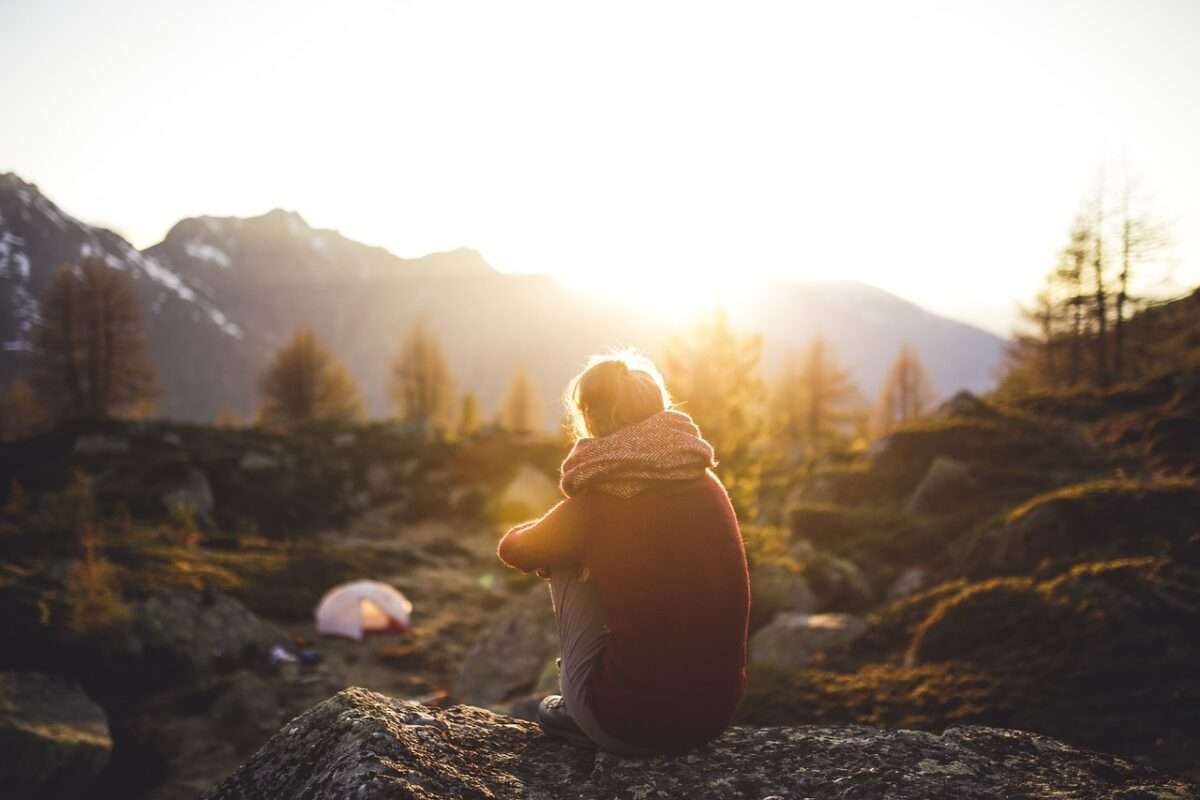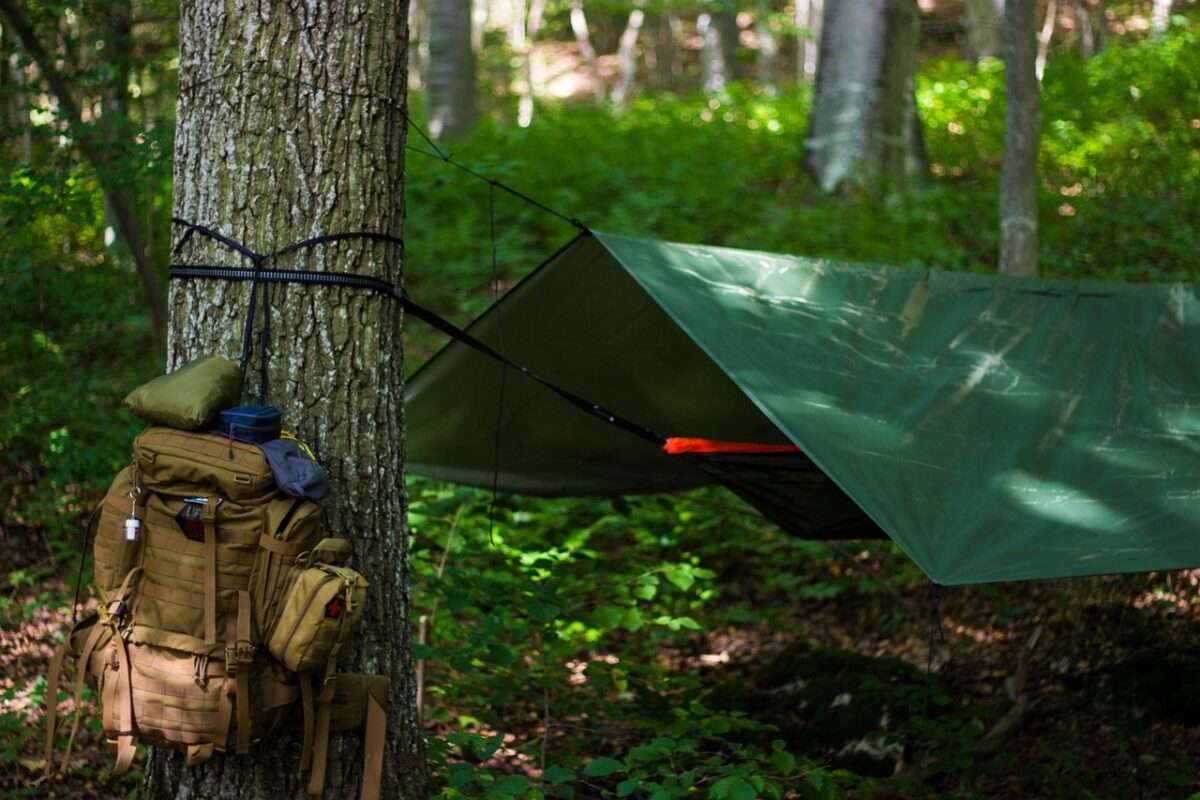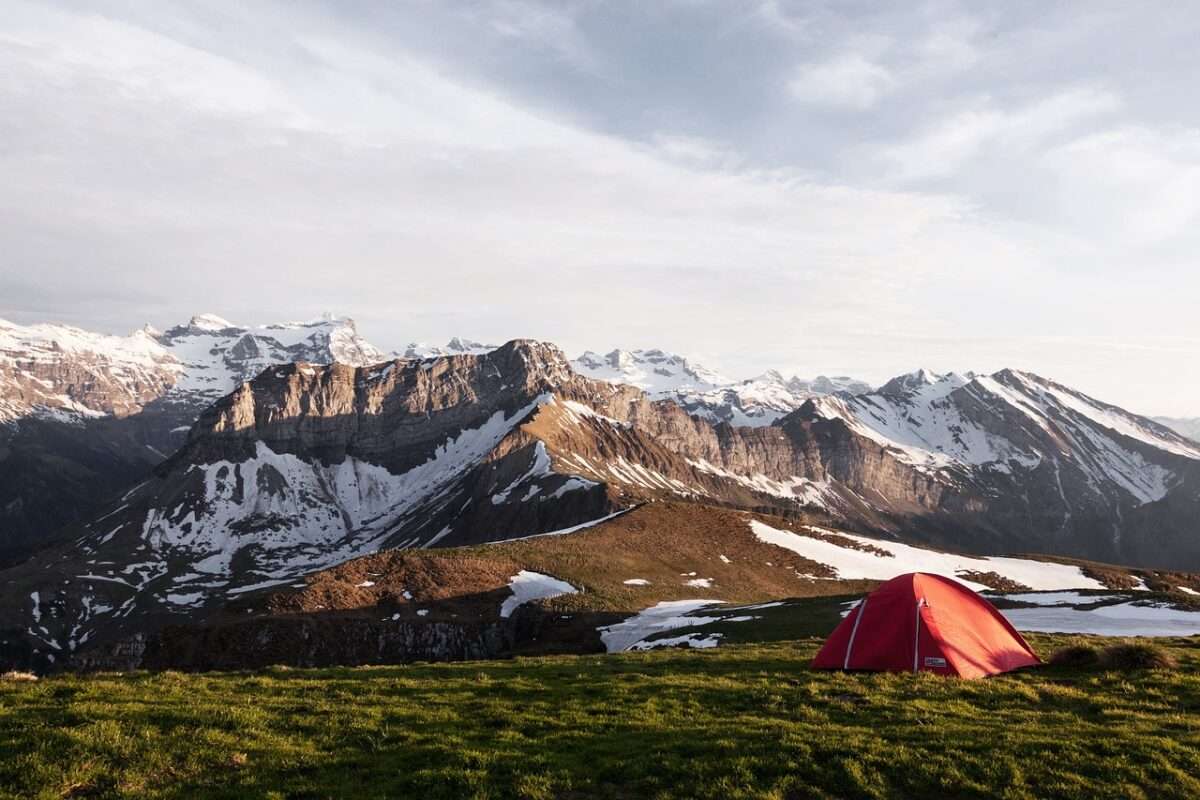Camping is an exciting outdoor activity that allows you to enjoy the captivating beauty of nature. Moreover, it provides a great opportunity to bond with family and friends. Traditional camping involves setting up a tent and sleeping inside it. However, have you ever thought about camping without a tent? Indeed, camping without a tent can be a thrilling and extraordinary experience. In this article, we will discuss the benefits of camping without a tent, alternative shelter options, and some valuable tips to make your tentless camping adventure a success.
Benefits of Camping Without a Tent
- Emerging Yourself in Nature: By leaving your tent at home, you have the opportunity to fully connect with the natural environment. Witness the stars above you, hear the calming sounds of nocturnal creatures, and feel the fresh air on your face as you drift off to sleep.
- Saves Weight and Space: Tentless camping allows you to pack lighter since tents are usually bulky and heavy. This can be especially advantageous for backpackers or hikers who need to save space in their backpacks.
- Enhances Problem-solving Skills: Camping without a tent challenges your creativity and problem-solving skills, as you need to identify the best ways to stay secure and comfortable throughout the night.

Alternative Shelter Options
- Hammocks: String a hammock between two trees for an elevated sleeping experience. Hammocks are more lightweight and less cumbersome than tents, ensuring easy transportation for campers. Don’t forget to bring a mosquito net and a tarp for protection from insects and rain.
- Bivy Sacks: A bivy sack is a waterproof, lightweight cover designed to slip over a sleeping bag. Compact and portable, bivy sacks offer uncompromised shelter for campers who want to sleep directly under the stars.
- Lean-tos or Tarps: Assemble a lean-to shelter using available materials (branches, leaves) and a tarp. This semi-open space serves as an effective and improvised camping shelter. For even lighter packing, a tarp alone can be rigged in various configurations for adequate protection.
- Natural Shelters: If you have a keen eye, use the surrounding environment to discover natural shelter options such as fallen logs, caves, or overhangs. Make sure to inspect the area for safety before settling in.
Tips for Tentless Camping Success
- Check the Weather: Researching weather conditions is crucial when camping without a tent. Clear, dry weather is ideal but be prepared for unexpected changes by bringing an emergency tarp.
- Choose the Right Location: Select a flat, elevated surface, avoiding low areas where water may collect. Moreover, make sure your chosen site is free of hazards such as insect nests, poisonous plants, or animal territories.
- Pack Essential Gear: Bring a high-quality sleeping bag, an insulating pad, a headlamp, and appropriate clothing to stay comfortable throughout the night.
- Stay Safe: Prioritize your safety by informing someone about your camping location, having a fully charged phone, and packing essential survival tools like a whistle, compass, and first-aid kit.
Frequently Asked Questions About Camping Without a Tent

Is it OK to camp without a tent?
Yes, camping without a tent is perfectly okay and can offer a unique and rewarding outdoor experience. Many campers opt for tent-free camping to feel more connected to nature, enjoy unobstructed views, and minimize their gear load. However, it’s essential to be well-prepared and consider factors like weather, location, and safety before embarking on a tent-free camping trip.
How do you camp out without a tent?
Camping without a tent involves using alternative methods for shelter. Some options include using a hammock with a rain fly, sleeping under a tarp, utilizing a bivy sack, or even building a natural shelter using branches and leaves. It’s crucial to have a reliable sleep system (sleeping bag and sleeping pad) and to consider weather conditions and potential challenges when choosing your shelter method.
What is sleeping without a tent called?
Sleeping without a tent is often referred to as “tarp camping,” “bivy camping,” or simply “tent-free camping.” These terms encompass various methods of sleeping outdoors without the traditional shelter of a tent.

Can you sleep without a tent?
Yes, you can definitely sleep without a tent. Many outdoor enthusiasts choose to sleep without a tent to experience a closer connection to nature and a more immersive camping experience. Proper planning, suitable shelter alternatives, and adherence to safety guidelines are essential for a successful night’s sleep without a tent.
Camping without a tent offers a unique opportunity to connect with the wilderness and challenge your outdoor skills. By considering alternative shelter options and following essential tips, you can embark on a memorable and satisfying tentless adventure. So, go ahead and embrace nature by experiencing the allure of camping without a tent.

Leave a Reply
You must be logged in to post a comment.